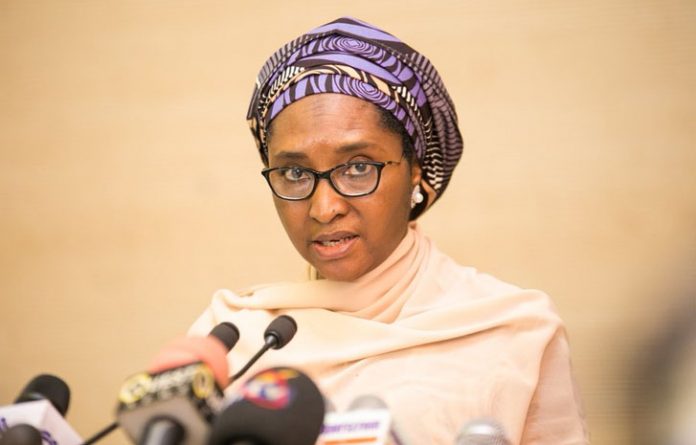Despite the rising concerns over Nigeria’s debt profile, the Federal Government (FG) has defended the new external debt borrowing of $22.7 billion from the World Bank and other international financial organisations.
Minister of Finance, Budget and National Planning, Zainab Ahmed, explained that the proposed borrowings are from multilateral and bilateral lenders for the purpose of financing infrastructure and other social development projects.
Why it matters: During her presentation to the House of Representatives Committee on Aids, Loans and Debt Management in Abuja on Tuesday, the finance minister said that the borrowings were concessional, semi-concessional, long-tenured, and consistent with the subsisting Debt Management Strategy, which sought to replace short-term high-interest cost domestic debt with low-interest long-term external debt
Concerns over debt servicing: the finance minister stated that the government could not service its debts with the current revenue generation capacity and insisted that debt to Gross Domestic Products ratio was still within the threshold but admitted that the debt to revenue ratio was high.
She said, “Nigeria, by the Fiscal Responsibility Act, has a ceiling of 25% on the total debt stock to GDP, and this borrowing will still see us stay within those thresholds. The ratios as of December 31, 2018, and June 30, 2019, were 19.09 per cent and 18.99% respectively.
“The debt service to revenue ratio, however, is high; it has been higher than desirable and provides strong justification for the current drive to increase both oil and non-oil revenues to enable more adequately resource government and service our debt obligations.”
Nigeria pays a lump sum to the several external organizations which grant loans to the country, and these include World Bank, African Development Bank, Exim Bank of China, Exim Bank of India and so on.
In an earlier report published on Nairametrics, the Central Bank of Nigeria confirmed that Nigeria has spent a whopping $1.12 billion as external debt service payment between January and October 2019 (10-month).
Meanwhile, the Debt Management Office also said in a statement on Tuesday that the loan was not a new request, but it rather represented those borrowings submitted to the 8th Assembly but yet to be approved before the expiration of the last assembly.
Source: nairametrics




